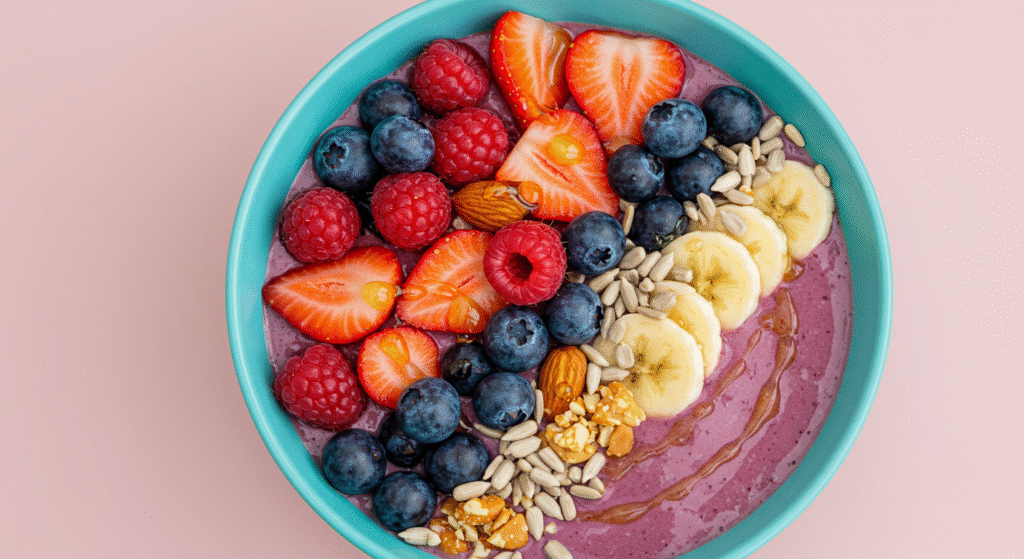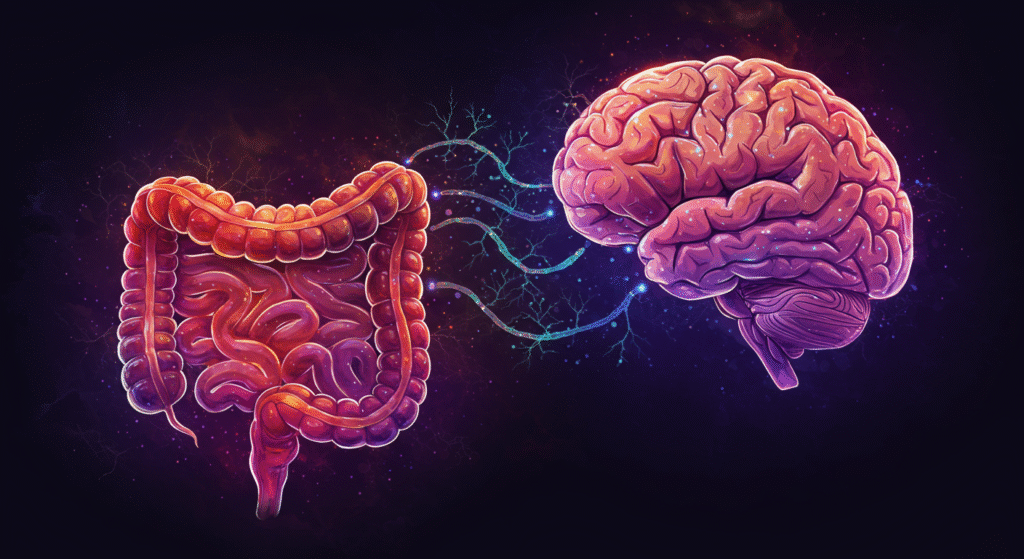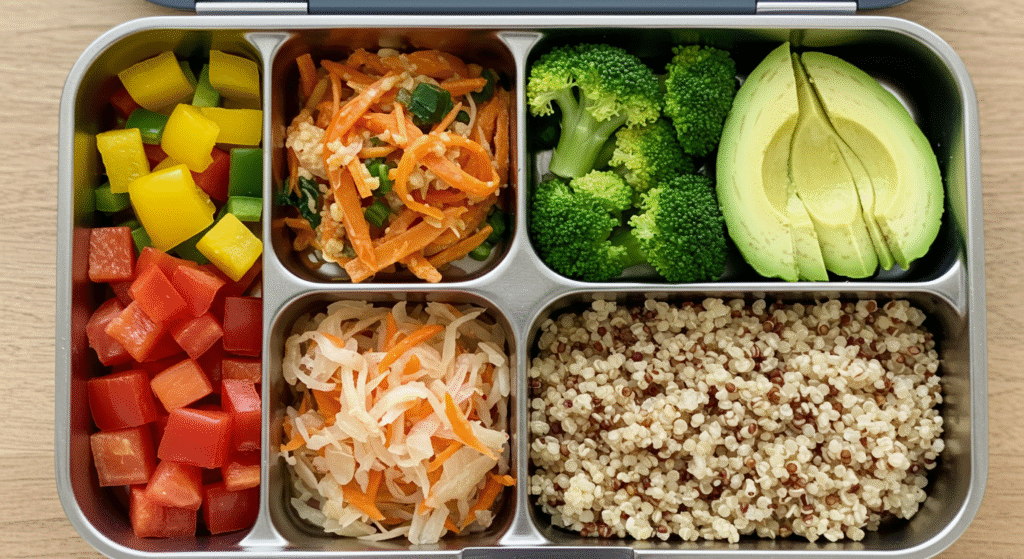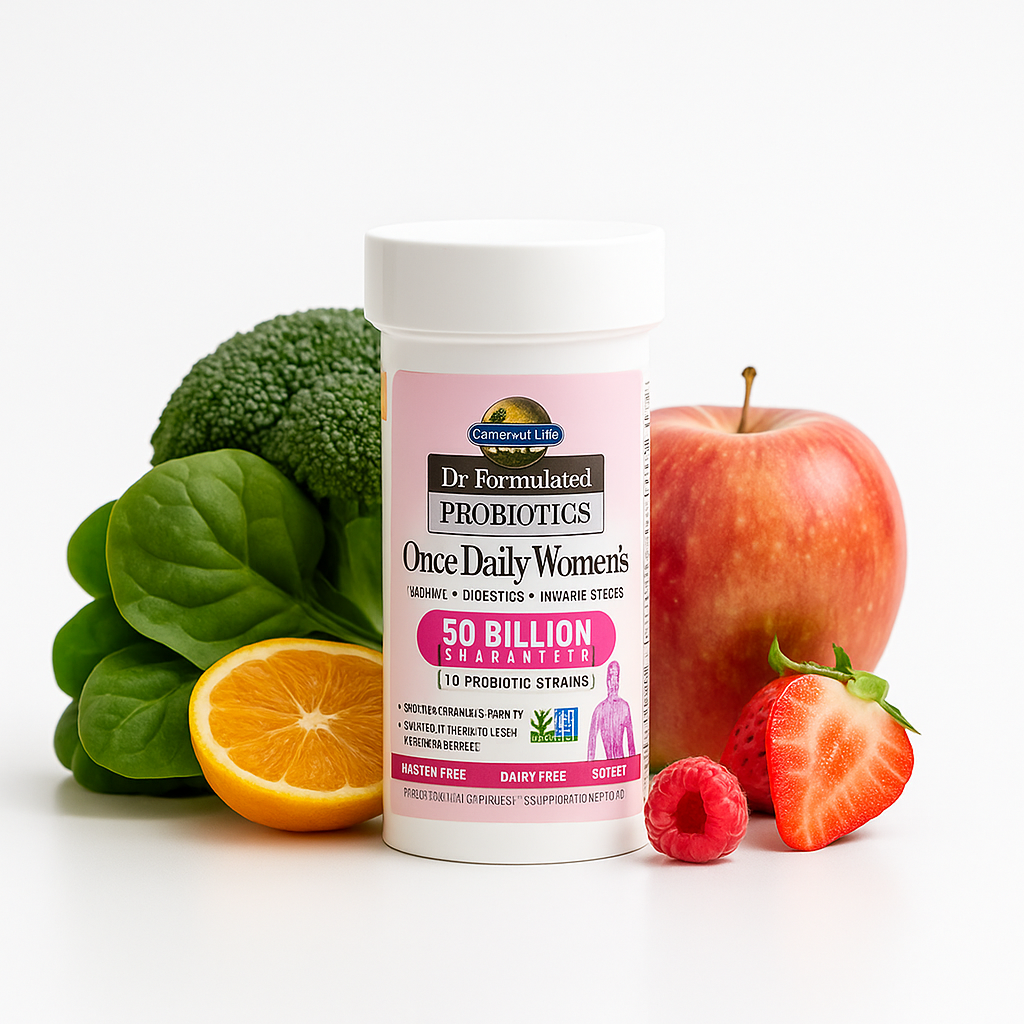Meta Description: Discover how gut health directly impacts mental clarity and brain function. Learn practical tips to improve your gut-brain connection for better focus and cognitive performance.
Introduction
Have you ever noticed how a heavy meal can leave you feeling foggy, or how stress seems to tie your stomach in knots? That’s your gut and brain having a conversation – and trust me, they’re chatting more than you might think. I used to dismiss that “gut feeling” as just an expression until I started experiencing afternoon brain fog that coincided perfectly with my less-than-stellar eating habits.
The connection between our digestive system and mental clarity isn’t just folklore – it’s backed by fascinating science that’s reshaping how we think about wellness. Your gut houses what scientists call your “second brain,” and when it’s happy, your mind tends to follow suit. Let’s dive into this incredible relationship and explore how nurturing your gut health can unlock sharper focus, better mood, and clearer thinking.

The Gut-Brain Highway: Understanding the Connection
Your gut and brain are in constant communication through what’s called the gut-brain axis – think of it as a bustling two-way highway where information flows back and forth. This connection involves your vagus nerve, immune system, and the trillions of bacteria living in your digestive tract.
Here’s what’s really mind-blowing: about 90% of your body’s serotonin (that feel-good neurotransmitter) is actually produced in your gut, not your brain. When your gut microbiome is out of balance, it can directly impact your mood, focus, and mental clarity. Recent research shows that people with diverse, healthy gut bacteria tend to have better cognitive function and lower rates of anxiety and depression.
Your gut bacteria also produce other important compounds like GABA and dopamine, which play crucial roles in regulating mood and attention. When these microscopic helpers are thriving, you’re more likely to feel mentally sharp and emotionally balanced.

Signs Your Gut Might Be Affecting Your Mental Clarity
Sometimes the connection isn’t immediately obvious, but your body gives you clues. Do you experience brain fog after certain meals? Feel unusually anxious when your digestion is off? These could be signs that your gut health is impacting your mental state.
Common indicators include afternoon energy crashes, difficulty concentrating after eating, mood swings that seem to coincide with digestive issues, or that general feeling of mental “fuzziness” that makes it hard to think clearly. I’ve noticed that when I’m dealing with digestive stress, my ability to focus on complex tasks takes a real hit – it’s like trying to think through a cloudy window.
Many people also report improved mental clarity when they address underlying gut issues like food sensitivities, bacterial imbalances, or chronic inflammation. Your gut literally sends signals to your brain about what’s happening in your digestive system, so keeping it healthy is essential for optimal cognitive function.
Practical Ways to Support Your Gut-Brain Connection
Diversify Your Plate
One of the simplest ways to support your gut health is by eating a variety of whole foods. Different types of fiber feed different beneficial bacteria, so aim for colorful fruits, vegetables, whole grains, and legumes. I’ve found that meal prep containers like the Bentgo Fresh Leak-Proof Lunch Box from Amazon make it so much easier to pack diverse, gut-friendly meals throughout the week – the compartments help me remember to include different food groups.
Fermented foods are particularly powerful for gut health. Yogurt, kefir, sauerkraut, kimchi, and kombucha introduce beneficial probiotics that can improve both digestion and mental clarity. Start slowly with fermented foods if you’re new to them, as your gut needs time to adjust.

Manage Stress Mindfully
Chronic stress wreaks havoc on your digestive system and can disrupt the delicate balance of gut bacteria. When you’re stressed, your body diverts resources away from digestion, potentially leading to inflammation and bacterial imbalances that affect brain function.
Regular meditation, deep breathing exercises, or even just taking a few minutes to eat meals without distractions can help activate your parasympathetic nervous system – the “rest and digest” mode that supports healthy gut function. I’ve been using the Headspace meditation app regularly, and keeping a gratitude journal like the Five Minute Journal from Amazon has helped me process daily stress in a more constructive way.

Prioritize Sleep Quality
Your gut bacteria follow a circadian rhythm just like you do, and disrupted sleep can throw off this delicate balance. Poor sleep affects the diversity of your gut microbiome, which in turn can impact your mental clarity the next day.
Aim for 7-9 hours of quality sleep and try to maintain consistent sleep and wake times. Creating a relaxing bedtime routine and avoiding large meals close to bedtime can help support both your sleep quality and gut health.
The Role of Supplements in Gut-Brain Health
While whole foods should be your foundation, certain supplements can provide additional support for the gut-brain connection. High-quality probiotics can help restore beneficial bacteria, especially after antibiotic use or during times of stress.
Omega-3 fatty acids, particularly EPA and DHA, support both brain function and gut health by reducing inflammation. Magnesium is another powerhouse nutrient that supports the nervous system and can help with both stress management and digestive function.
I’ve been taking the Garden of Life Dr. Formulated Probiotics from Amazon for several months now, and I’ve noticed improvements in both my digestion and overall mental clarity. The key is consistency – these supplements work best when taken regularly as part of a holistic approach to gut health.
Before starting any supplement regimen, it’s always wise to consult with a healthcare provider, especially if you have existing health conditions or are taking medications.

Creating Your Gut-Brain Wellness Routine
Building a sustainable routine doesn’t have to be overwhelming. Start with small changes that feel manageable, like adding one fermented food to your daily meals or taking a five-minute walk after eating to support digestion.
Pay attention to how different foods make you feel – both physically and mentally. Keep a simple food and mood journal for a week or two to identify patterns. You might discover that certain foods consistently leave you feeling foggy, while others support sustained energy and clear thinking.
Remember that everyone’s gut microbiome is unique, so what works for others might need to be adjusted for your body. Be patient with the process – it can take several weeks to notice significant changes in both gut health and mental clarity.
Conclusion
The relationship between your gut and brain is one of the most fascinating aspects of human health, and we’re only beginning to understand its full implications. By nurturing your gut health through diverse nutrition, stress management, quality sleep, and mindful supplementation, you’re investing in clearer thinking, better mood, and overall wellness.
Your gut truly is your second brain, and when you treat it with care, the mental clarity benefits can be remarkable. Start with one or two changes that resonate with you – perhaps trying that Five Minute Journal to reduce stress or exploring new fermented foods. Your gut and brain will thank you for the attention, and you might be surprised by how much sharper and more focused you feel.
What’s one small change you could make today to support your gut-brain connection? I’d love to hear about your experiences in the comments below – sometimes the best insights come from sharing our wellness journeys with others.




